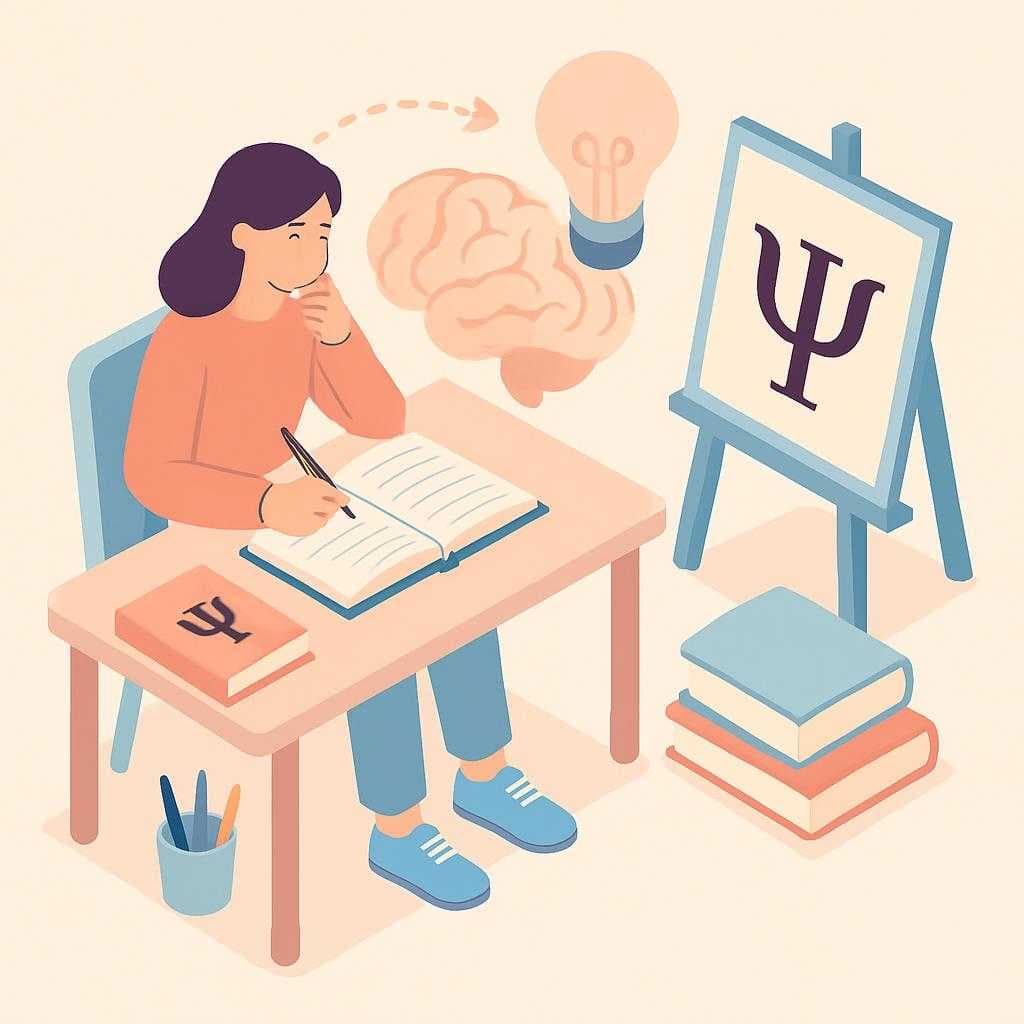Navigating the Mind: Effective Revision Techniques for GCSE Psychology Students
Summary
Discover actionable revision strategies tailored for GCSE Psychology students. Dive into specific approaches for the AQA, Edexcel, and OCR exam boards, ensuring you’re well-prepared and confident on exam day.
As a student tackling GCSE Psychology, you're in for an enlightening journey into the workings of the mind. But with this intriguing subject comes the challenge of mastering a wide range of topics for your exams. Whether you're preparing for AQA, Edexcel, or OCR, having solid revision techniques is crucial for success. Here’s how you can make your study sessions more productive and less stressful.
Understand the Exam Structure
Start by familiarizing yourself with the format of your specific exam board—AQA, Edexcel, or OCR. Each board has different assessment styles and weightings for various sections, so knowing what to expect will guide your study focus. For instance, AQA often places emphasis on research methods, whereas Edexcel might delve deeper into specific case studies.
Break Down the Content
Divide the syllabus into manageable sections. For AQA students, focus on the core topics like memory, perception, and social influence. Edexcel candidates should pay attention to criminological psychology and development, while OCR students can focus on research methods and mental health. Creating a revision timetable that allocates time to each topic ensures comprehensive coverage without feeling overwhelmed.
Use Active Revision Techniques
Engage in active revision by testing yourself regularly. Create flashcards for key terms and theories, and practice past exam questions to familiarize yourself with the question formats. This approach is particularly effective for all boards, as it helps reinforce memory retention and improve exam technique.
Create Visual Aids
Visual aids like mind maps and diagrams can be incredibly helpful for visual learners. Map out complex theories or processes, such as the structure of the brain or the stages of development, to simplify and clarify information. Tailor these aids to your syllabus; for instance, OCR students might focus on visualizing mental health treatments, while AQA pupils could map out social influence theories.
Participate in Group Studies
Group studies are a great way to gain different perspectives on difficult topics. Discussing with peers can deepen your understanding and uncover insights you might have missed. It’s an excellent strategy for collaborative learning, especially when tackling challenging areas like research methods or ethical implications in psychology, which are crucial for all exam boards.
Stay Informed and Practice Well-being
Lastly, keep abreast of any updates from your exam board regarding changes to exam formats or content. Balancing study with well-being is key, so make time for relaxation and mindfulness practices to manage stress effectively.
By adopting these tailored revision techniques, you’ll be well-equipped to face your GCSE Psychology exams with confidence and clarity. Good luck!
